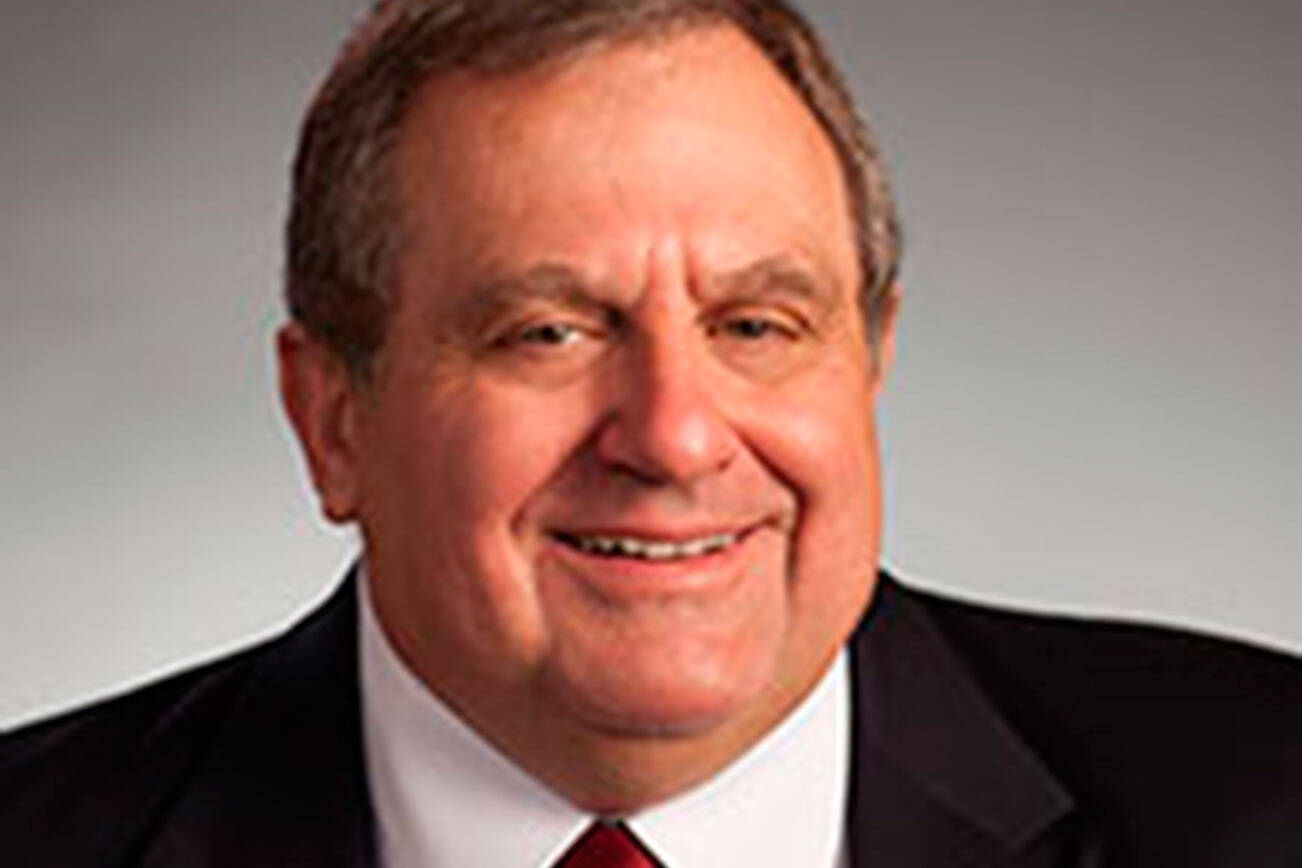Gov. Jay Inslee’s end run around the legislature banning natural gas in new homes and commercial buildings is a bad idea. Even though the state legislature adjourned last spring without passing his bill, he unveiled building codes which would accomplish the same thing by fiat.
Inslee’s proposed regulations forbid the use of fossil fuels for heating and hot water in new structures. Prohibiting natural gas is expensive for home and building owners, many of whom installed energy-efficient natural gas heat pumps and tankless water heaters.
“When Bellingham considered banning natural gas heating, we estimated the policy would cost more than $80 to reduce each metric ton (MT) of CO2. This is more than eight times the going rate for CO2-reducing projects readily available on the market,” Todd Myers, Washington Policy Center, wrote. Those higher costs are passed on to ratepayers and consumers.
“Adding regulations that micromanage how those goals are met is counterproductive, essentially overriding the state’s new cap-and-trade law designed to allow individuals and businesses to find the most effective ways to reduce CO2 emissions,” Myers concluded.
The natural gas ban was initiated by Berkeley city leaders in 2019. The idea spread quickly to Seattle.
Switching from natural gas to electricity is complicated and will impact everyone. Natural gas dependency is widespread. More than 95 percent of our every-day products are derived from or powered by natural gas.
With reference to Washington, Rep. Mary Dye (R-Pomroy) added: “It’s a big industry because it provides warmth for about 1.2 million residences, there’s 107,000 commercial buildings and 3,500 industrial buildings that are working under clean, efficient, reliable natural gas. Plus, it fires about 11 percent of our electricity grid. So you’re talking a very large labor force.”
For example, one-third of Clark Public Utilities electricity is generated at the River Road natural gas-fired generating plant. Clark PUD provides power to more than 203,000 customers in Vancouver, Wa., and throughout Clark County.
Puget Sound Energy is our state’s largest energy utility providing electric power to more than one million customers. PSE also generates one-third of its electricity at nine natural gas-fired power plants.
Nationally, natural gas produced the most electricity in 2020 — more than 40 percent.
Renewables, including hydro, wind and solar, accounted for 20 percent.
At present, electricity is affordable in Washington but adding natural gas replacement costs is extremely expensive and will drive power rates higher for families, medical facilities, schools, factories and businesses.
In 2019, Washington had the fourth-lowest average electricity retail prices in the nation, while 56 percent of the state’s households used electricity as their primary home heating fuel.
Getting to total electricity dependency is difficult especially if the Lower Snake River dams are breached.
While natural gas electrical generation is important, natural gas availability is vital to some smaller communities. For example, the cities of Enumclaw and Ellensburg are the natural gas providers to nearly 9,000 customers.
Renewable natural gas (RNG) from farms, garbage landfills and waste conversion systems feed gas into the current pipeline system. That gas would otherwise be released into the atmosphere.
Finally, switching to cleaner burning natural gas has improved our air quality. The U.S. Environmental Protection Agency (EPA) released its new Inventory of U.S. Greenhouse Gas Emissions and Sinks. It shows that annual greenhouse gas emissions (GHG) from the natural gas distribution system declined 69 percent from 1990 to 2019. During this same period natural gas utility companies added more than 788,000 miles of pipeline to serve 21 million more customers.
The good news is the backlash. Opponents to banning natural gas helped pass laws in four states — Arizona, Louisiana, Oklahoma and Tennessee. Washington should do the same.
Don C. Brunell is a business analyst, writer and columnist. He retired as president of the Association of Washington Business, the state’s oldest and largest business organization, and now lives in Vancouver, Wa. He can be contacted at theBrunells@msn.com.



